Antimicrobial Resistance
The Graduate School of Antimicrobial Resistance offers a variety of courses that focused on extensive, up-to-date and original expertise that can be used to combat antimicrobial resistance from prevention to treatment, and through vaccination, detection, identification and dissemination.
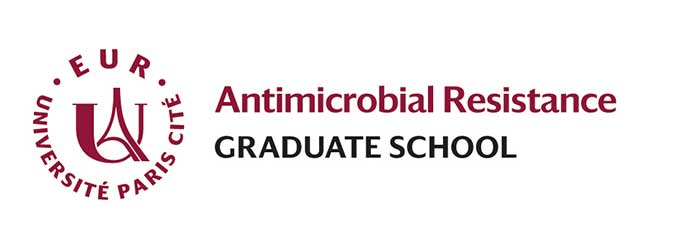
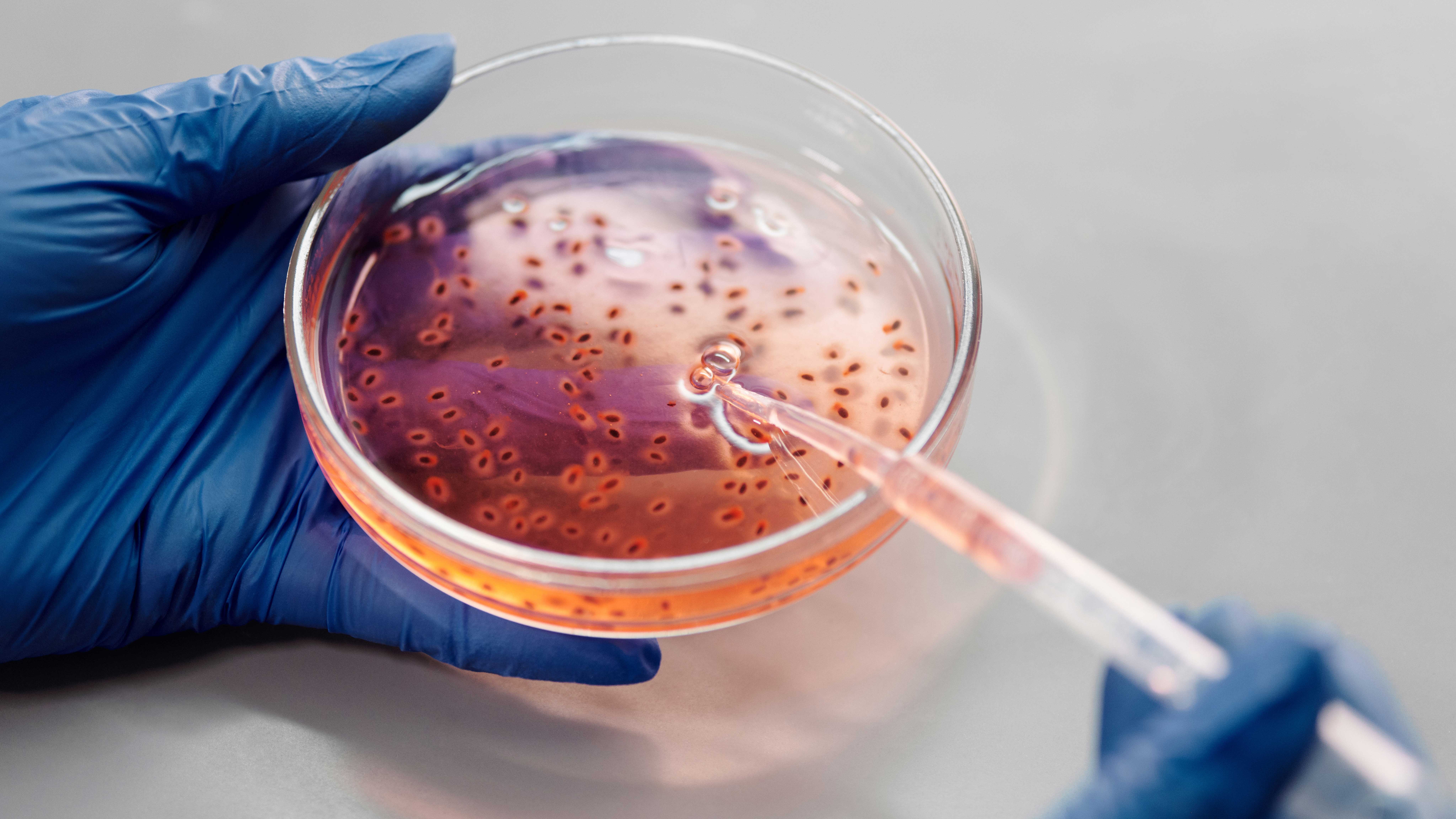
Presentation
In collaboration with teachers and researchers with scientific and medical trainings, the Graduate School of Antimicrobial Resistance aims at developing a research-based training centre on antimicrobial resistance.
It offers a structured programme of excellence in the fields of microbiology, virology, mycology, parasitology and infectious diseases, and a multidisciplinary vision via:
- Specialisation in biochemistry and molecular and cellular biology offering students an integrated vision of the molecular, cellular and functional properties of biological systems necessary to understand physiological and pathological processes.
- Specialisation in bioinformatics, programming methodology and data processing providing students with the required skills to deliver innovative solutions in the field of antimicrobial resistance.
- Specialisation in life, learning and digital sciences including innovative courses and practical training through internships in various laboratories, start-ups and other companies.
The Graduate School of Antimicrobial Resistance equips students with broad, up-to-date and original knowledge to enable them to the respond to the contemporary challenges of antimicrobial resistance and emerging infections.
Antimicrobial resistance is addressed in terms of prevention, vaccination, detection, identification, dissemination and treatment. There is an emphasis on the understanding host-pathogen interactions, host responses to antimicrobials and pathogenesis.
In order to identify new therapeutic targets and developing new antimicrobial approaches, these fields include the vitality cost of resistance and virulence but also the virulence/resistance trade-off. The impact in terms of society, economy and public health policy is also be discussed.
Contact
Isabelle MARTIN-VERSTRAETE
isabelle.martin-verstraete@pasteur.fr
André BIRGY
andre.birgy@aphp.fr
Imane EL MEOUCHE
imane.el-meouche@inserm.fr
Stéphanie PETRELLA
stephanie.petrella@pasteur.fr
Jérôme CLAIN
jerome.clain@u-paris.fr
Masters
The Graduate School of Antimicrobial Resistance is mainly represented by the Master in Molecular and Cellular Biology (BMC) specialised in microbiology and virology, the Master in Bioinformatics (BI), and the Master in Interdisciplinary Approaches in Research and Education specialised in Life Sciences (AIV).
List of Masters taught in French and English:
List of courses at the Institut Pasteur:
- Institut Pasteur MOOC corresponding to the courses programmes
- Introduction to Research (PIR)
- Microbiology courses: 8-week sessions of theorical lessons and practicals introducing the latest breakthroughs in molecular and cellular microbiology.
- Teaching centre: Institut Pasteur courses included in the Master 2 “Molecular and Cellular Biology” (M2 BMC).
- Virology courses: 11-week sessions of theorical lessons and practicals instructing on the main virus families and their interactions with host cells.
Research
The Graduate School of Antimicrobial Resistance benefits from a large number of institutes and laboratories working in the fields of microbiology at Université Paris Cité. Microb’UP, a recently created outside-the-walls institute federating the multidisciplinary community interested in microbiology and infectious diseases, and the Institut Pasteur, supporting both the LabEx Integrative Biology of Emerging Infectious Diseases (IBEID) and the Institut INCEPTION, are also valuable to the Graduate School.
Adding to that, the unit “Infection, Antimicrobials, Modelling, Evolution” (IAME) is connected to the university of Freiburg in the INSERM associated European laboratory “Emerging Antibiotic Resistance in Gram-negative Bacteria”. This numerously skilled community allows collaborative projects and the creation of a strong training dynamic through research for Master’s and Ph.D. students.
Laboratories
- BFA – Unit of Functional and Adaptive Biology (UMR 8251)
- Cochin Institute – Department of Infection, Immunity, Inflammation (UMR 1016)
- CRC – Centre de Recherche des Cordeliers (UMRS 1138)
- EGM – Microbial Genetic Expression (UMR 8261)
- Faculty of Pharmacy of Paris – MERIT (UMR 261)
- Genomes and Cell Biology of Diseases
- IAME – Infection, Antimicrobials, Modelling Evolution (UMR 1137)
- INEM – Institut Necker-Enfants Malade
- Institute of Physicochemical Biology
- LBT – Laboratory of Theoretical Biochemistry (UPR 9080)
- LEA – Laboratoire Européen Associé (UMR 1137)
- LIED – Laboratoire Interdisciplinaire des Énergies de Demain (UMR 8236)
- LPI – ”Systems Engineering and Evolution Dynamics” of the Learning Planet Institute (UMR U1284)
- Physical and Chemical Biology of Membrane Proteins Laboratory (UMR 7099)
At the Institut Pasteur:
Executives
- Dr. André BIRGY
Faculty of Health
Co-director of the Graduate School of Antimicrobial Resistance
Member of the Steering Committee of the Institut hors murs Microb’UP - Pierre-Emmanuel CECCALDI
Co-director of the Graduate School of Antimicrobial Resistance
Group Leader in the Epidemiology and Pathophysiology of Oncogenic Viruses Unit at the Institut Pasteur - Prof. Isabelle MARTIN-VERSTRAETE
Faculty of Science
Co-director of the Graduate School of Antimicrobial Resistance
Head of the BMC Master’s degree in Microbiology - Stéphanie PETRELLA
Faculty of Science
Co-director of the Graduate School of Antimicrobial Resistance
Lecturer
Researcher at Pasteur Institute
Office:
- Imane EL MEOUCHE
Research Officer, INSERM - Jérôme CLAIN
Lecturer
Researcher in the MERIT unit on resistance to malaria treatments and associated resistances
À lire aussi
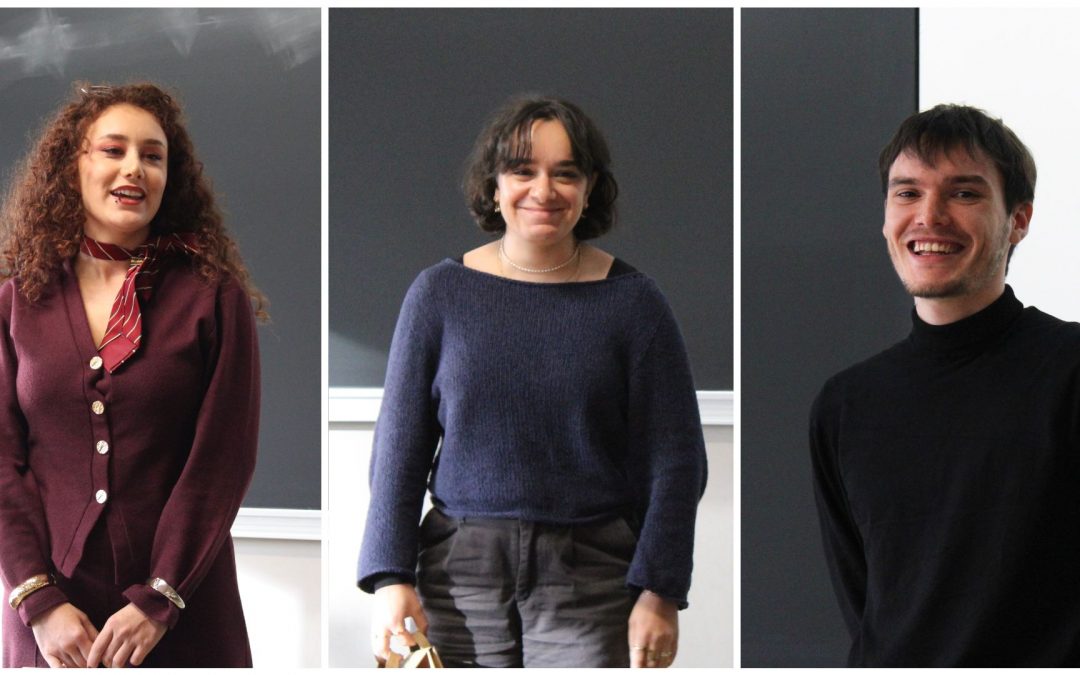
Graduate School Sustainability, Organisations and Institutions Best Thesis Awards: Celebrating Scientific Excellence in Sustainability
The Graduate School Sustainability, Organisations and Institutions held its traditional awards ceremony for the Best Theses of its students. This distinction highlights the scientific excellence of research devoted to sustainable development and sustainability. Meet...
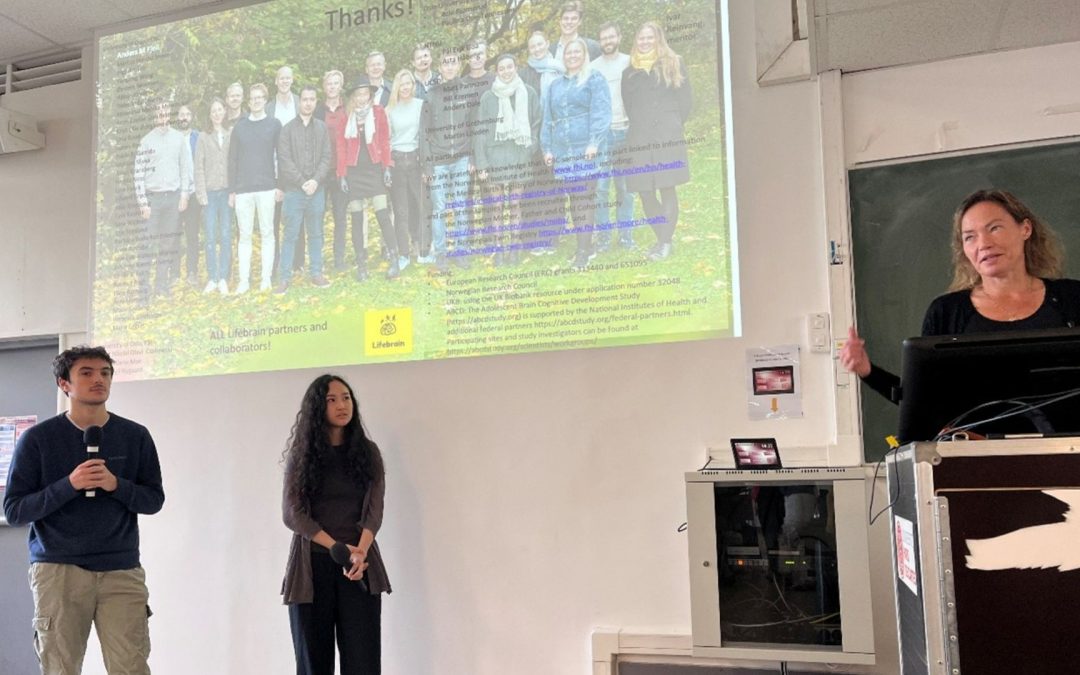
INC Day 2025: an international scientific day dedicated to neuroscience
The Neuroscience and Cognition Institute of Université Paris Cité (INC) organized a new edition of the INC Day, focused on neurodevelopmental trajectories. A key partner of the event, the Graduate School Neuroscience invited its first year and second year master...
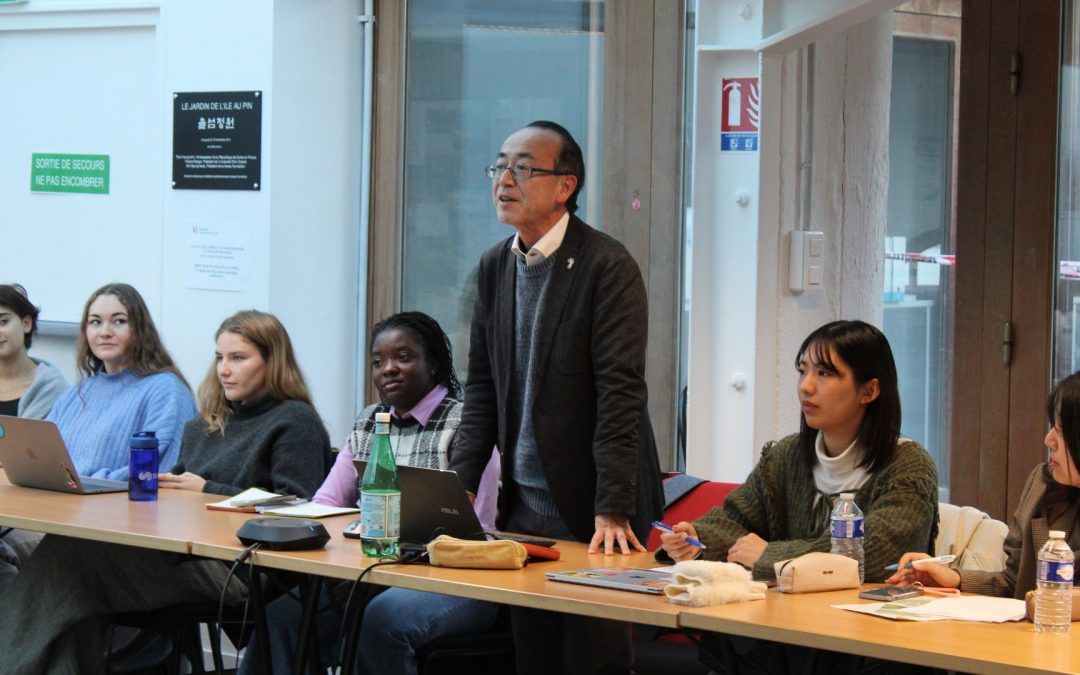
KEYS 2025 International Conference: A Franco-Japanese Meeting on Ecological Transitions with the University of Kitakyushu
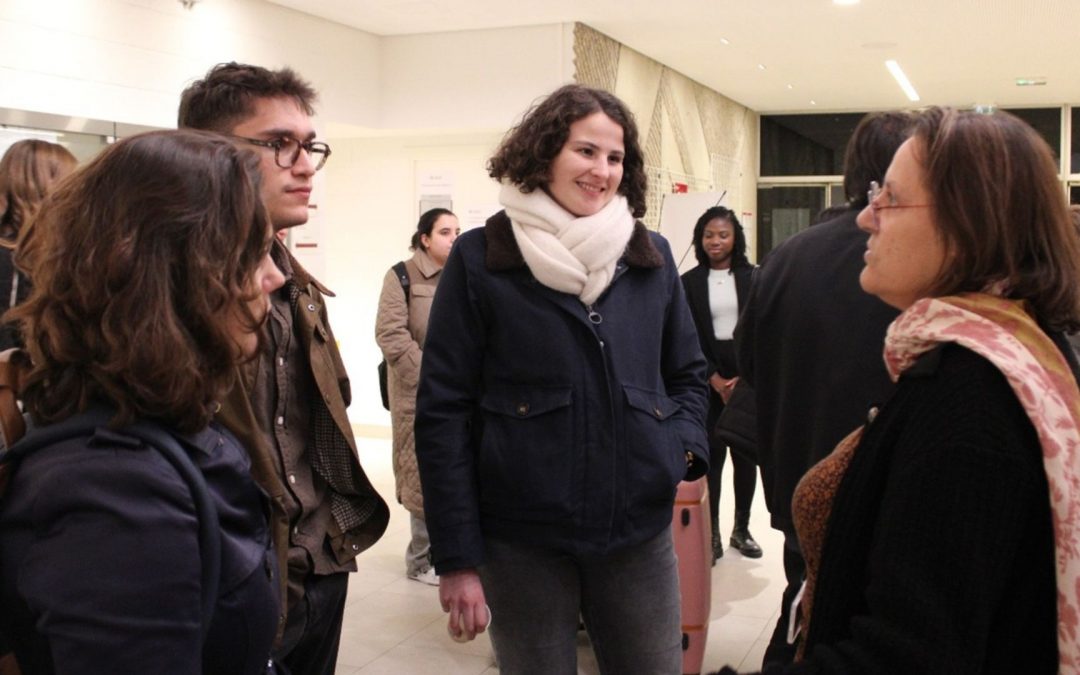
“Open UE”: looking back on an interdisciplinary adventure organised by the Cardiovascular Sciences Graduate School
The “open UE”, launched by the Graduate School Cardiovascular Sciences, brought together researchers, clinicians, and experts from diverse fields for a week to explore major issues in biomedical and translational research. Open to all students across the 29 Graduate Schools of Université Paris Cité, it offered a unique space for learning and interdisciplinary exchange.
